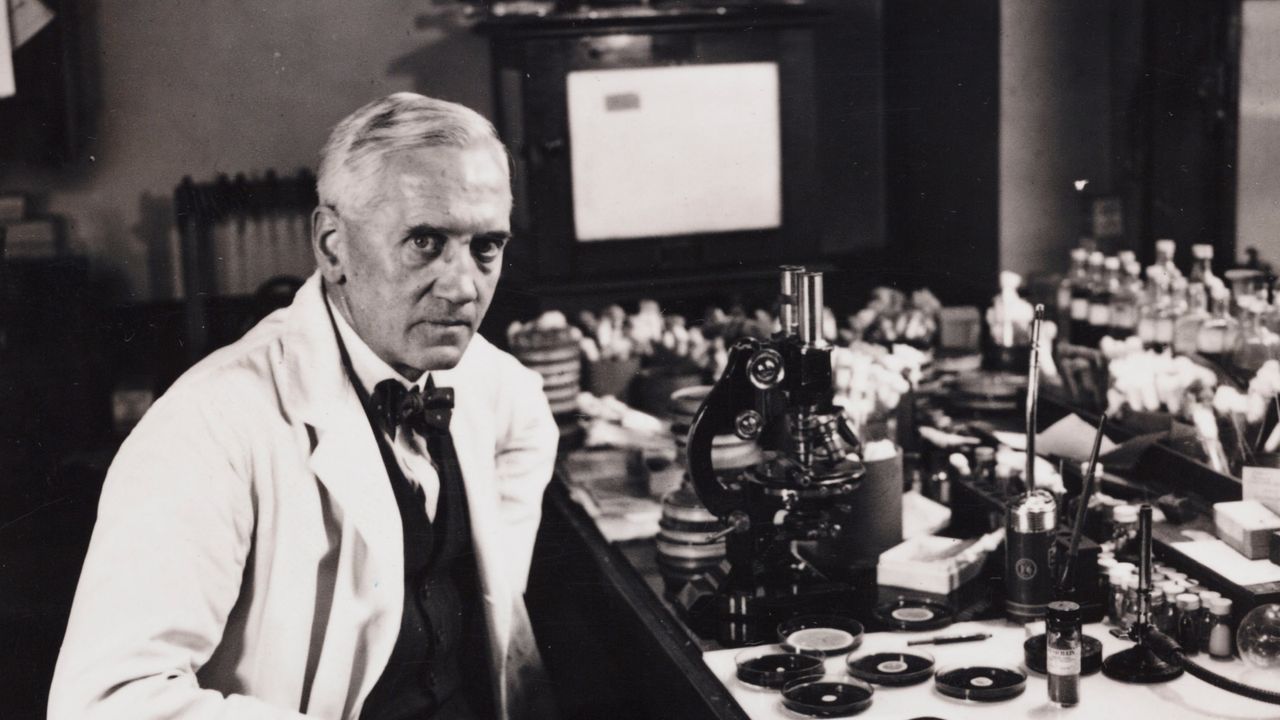‘To them, ageing is a technical problem that can, and will, be fixed’: how the rich and powerful plan to live for ever
NeutralScience

The recent conversation between Xi Jinping and Vladimir Putin about the possibility of living forever highlights a growing trend among the wealthy and powerful who view aging as a challenge to be overcome rather than a natural part of life. This perspective reflects a shift in how society perceives mortality, with some elites investing in technologies and research aimed at extending life. This matters because it raises ethical questions about inequality in access to life-extending treatments and the implications for society as a whole.
— Curated by the World Pulse Now AI Editorial System




